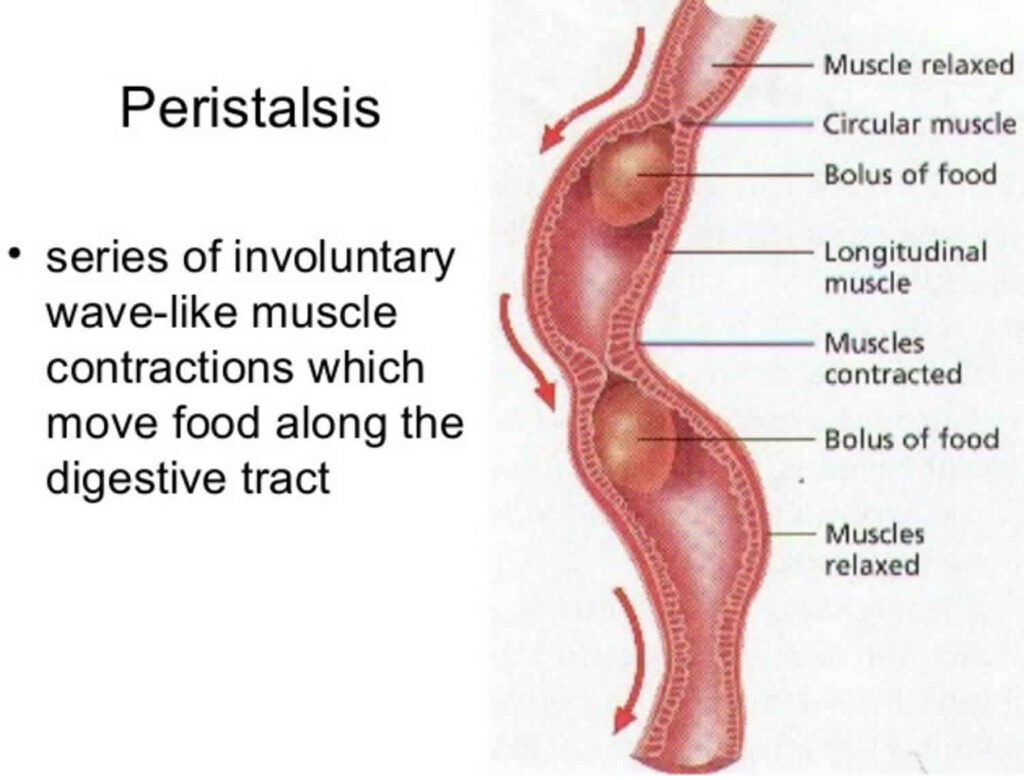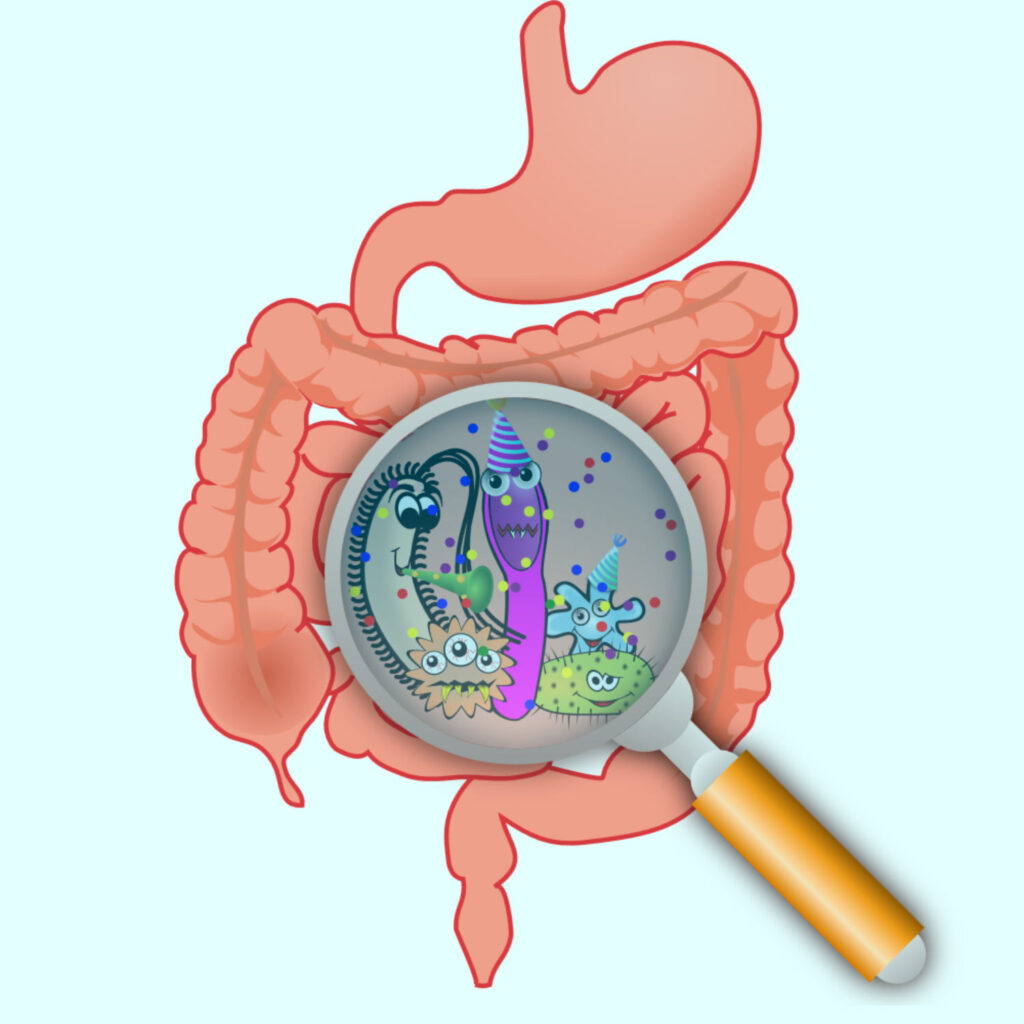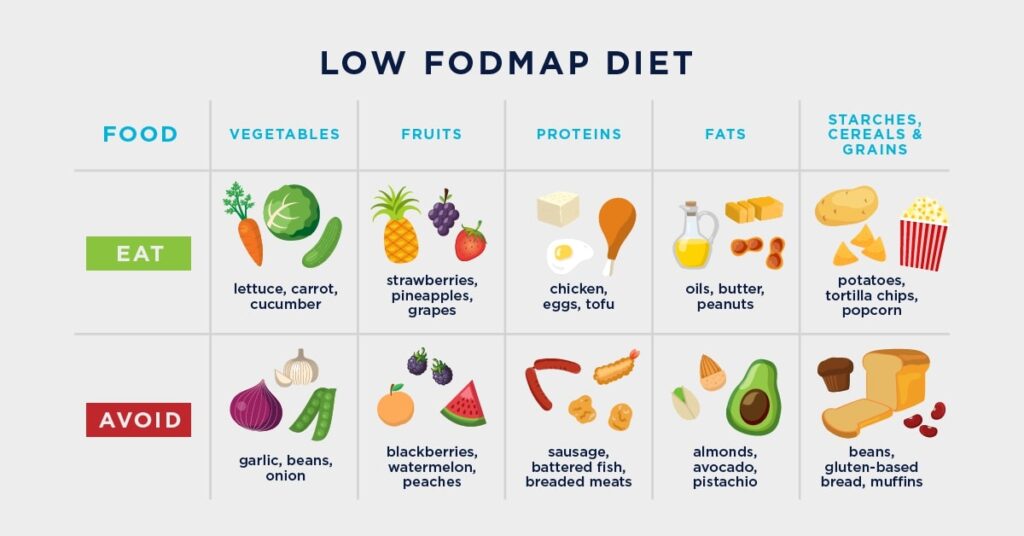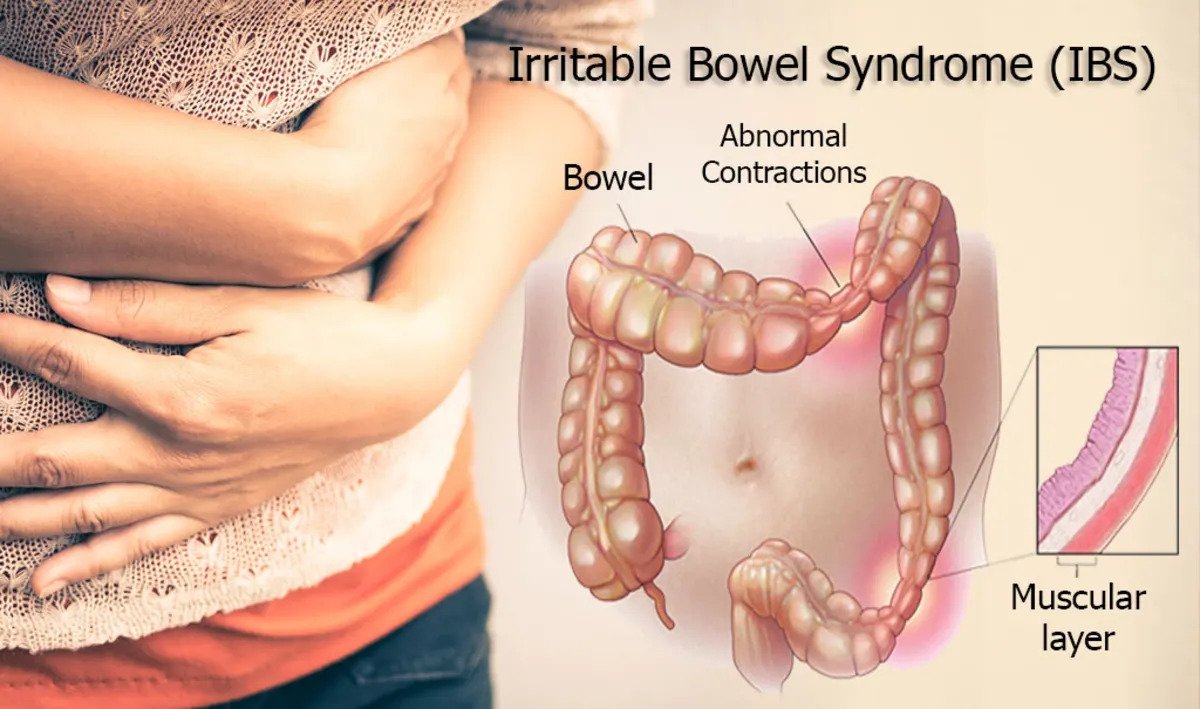Causes of IBS
The large intestine is impacted by the illness known as irritable bowel syndrome (IBS). Causes of IBS: Although the precise etiology of IBS is not yet established, it is thought to be a complicated disorder influenced by a number of factors. The following list includes some potential IBS triggers and causes:
Abnormal intestinal muscle contractions: People with IBS may have abnormal intestinal muscle contractions. This may cause the food to go through the digestive system more quickly or more slowly, resulting in symptoms like diarrhea or constipation.

Inflammation of the intestines: IBS can develop as a result of mild intestinal inflammation. An infection or an immunological reaction could start this inflammation.
Changes to the gut-brain axis: The gut-brain axis is a bidirectional communication channel between the gut and the brain. Changes in this communication system may interfere with the digestive system’s regular operation and cause IBS symptoms.
Gut microbiota changes: The gut is the home of trillions of microorganisms, which are referred to as gut microbiota. IBS symptoms may be influenced by imbalances in these bacteria’ makeup. IBS has been linked to certain bacteria or overpopulation of bacteria in the small intestine (small intestinal bacterial overgrowth, or SIBO).

Food sensitivity: Some people who suffer from IBS may be sensitive to or intolerant to particular foods or substances, such as lactose, gluten, or FODMAPs (fermentable oligosaccharides, disaccharides, monosaccharides, and polyols). These substances may have side effects on those who are susceptible.
Psychological factors: IBS symptoms may be influenced by emotional stress, anxiety, and depression. Even while they might not be the cause of IBS, they might make the condition worse or make managing the symptoms more difficult.
The development of IBS may be influenced by genetic predisposition, according to studies. IBS is more likely to run in families, increasing the risk of developing the ailment oneself.
IBS is a multifaceted disorder, and how these factors interact with one another might differ from person to person. It can be difficult to identify a single reason for IBS because each person’s precise cause and triggers may differ. It’s important to see a doctor for a proper diagnosis and a customized treatment plan if you think you may have IBS or are having gastrointestinal symptoms.
Permanent cure for IBS
Constipation, diarrhea, bloating, and stomach discomfort are just a few of the painful symptoms that can be brought on by the chronic gastrointestinal illness known as irritable bowel syndrome (IBS). Although there is presently no known treatment for IBS, there are a number of therapies and way-of-life adjustments that can help manage the condition successfully. It’s crucial to collaborate with a healthcare professional to create a personalized plan based on your unique symptoms and requirements. Here are some strategies that could be useful:
Identifying and avoiding trigger foods or beverages might aid with dietary modifications. Spicy foods, fatty foods, coffee, alcohol, and artificial sweeteners are some typical triggers. Keeping a food journal can help you find potential triggers.
A low-FODMAP diet entails limiting specific carbohydrate kinds that could aggravate IBS symptoms. In order to ensure adequate nutritional intake, it is normally carried out with the assistance of a trained dietitian.

Stress reduction: Psychological elements like stress and worry can make IBS symptoms worse. Stress management methods include deep breathing techniques, meditation, routine exercise, and therapy.
Medication: To treat specific IBS symptoms, your doctor may advise using antispasmodics, laxatives, fiber supplements, or antidepressants, depending on your symptoms.
Probiotics: According to some research, some probiotic strains may be able to reduce the symptoms of IBS. Probiotics’ efficacy varies from person to person, so it’s crucial to select a certain strain and dosage depending on medical advice.
Regular physical activity can help control bowel motions, lower stress levels, and improve general well-being. On most days of the week, try to get in at least 30 minutes of moderate activity.

Conclusion
It’s important to remember that IBS is a complex condition and that each person will treat it differently. While many people can find comfort using these techniques, there is presently no surefire way to permanently treat the condition. Working together with your doctor will help you create a treatment plan that is unique to you and adapt it as necessary.
